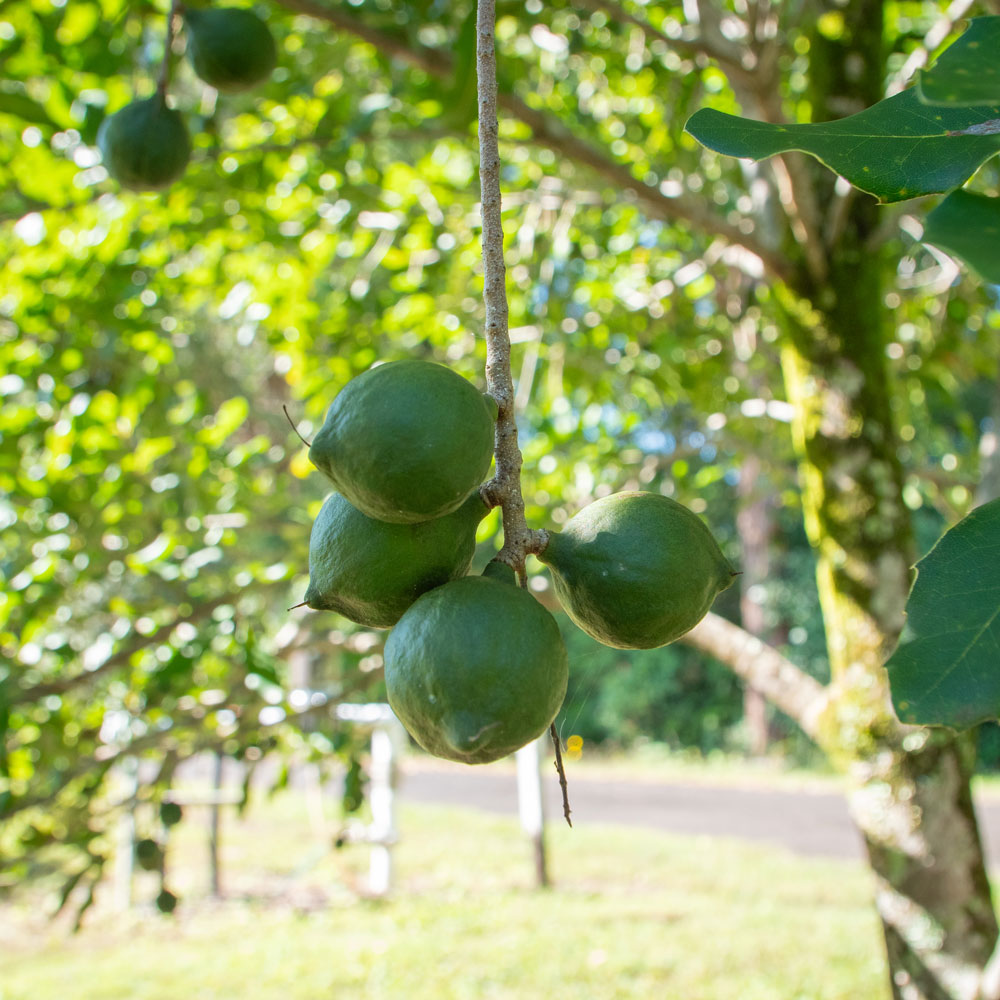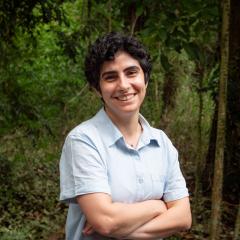
A new project announced today is set to deliver better macadamia trees for Australian growers.
The aim of the project, funded by Hort Innovation, is to create trees that can withstand climate change, produce bigger and better-quality nuts earlier, and reduce the production cost burden for growers.
The initiative, being delivered by the Queensland Alliance for Agriculture and Food Innovation (QAAFI), is focused on breeding trees specifically for Australian conditions - using cutting-edge technology to fast-track the process that traditionally can take more than 20 years, opening up opportunities for higher production rates and hopefully increased exports.
Brett Fifield, CEO at Hort Innovation, explained the tangible impact of this project for Australian macadamia growers:
“Macadamias are a native Australian nut and a high-value export commodity.
"This investment is about creating even better adapted trees for the different macadamia growing regions across Australia.
"We hope that by using new technologies we can develop new macadamia varieties that will give growers better yields and a more quality nut that delivers results and profits sooner, with trees that are more productive, resilient and tailored to our unique growing environments.
“In FY24, we saw more than 15,000 tonnes of macadamias leave our shores, and we hope to see this continue to grow, but know that this project will be crucial to providing growers with the tools to get there and compete consistently and globally.”
The project will integrate new technologies such as genetic markers and genomic selection models, phenomics and artificial intelligence (AI), to help identify new species that will lead to increased yield, pest and disease tolerance, and resilience to environmental change.
These improvements are vital as growers face rising input costs, reduced pollination services due to varroa mite, and limited land availability.
Research lead Dr Mobashwer Alam said the project’s main goal is to develop varieties that will meet industry needs, so engagement with growers is key.
“We see this project as a partnership with growers, and value that interaction with growers on our trials in the field," Dr Alam said.

"We want to combine our research expertise with practical knowledge from industry to improve the program.
"Our vision is to deliver high-performing, climate-resilient trees that bear fruit earlier, produce better-quality and optimally sized nuts, and reduce production costs.
"By cutting the variety release timeframe from 24 years to just 10 – along with new varieties every three to five years – we’re ensuring Australian growers stay ahead with sustainable, profitable and world-leading orchards ready for the future.”
The National Macadamia Breeding and Evaluation program is funded by Hort Innovation using the macadamia research and development levy, with matching contributions from the Australian Government and support from the Queensland Department of Primary Industries.
Media contacts: Shannon O’Mara, Communications Manager, Hort Innovation, shannon.omara@horticulture.com.au, +61 427 142 537; QAAFI communications, Natalie MacGregor, n.macgregor@uq.edu.au, +61 409 135 651; Dr Mobashwer Alam, m.alam@uq.edu.au, +61 407 925 991.
About Hort Innovation:
Horticulture Innovation Australia (Hort Innovation) is a not-for-profit, grower-owned research and development corporation (RDC) for Australia’s $17 billion horticulture industry. It invests around $154 million in research and development and marketing programs annually to provide benefits to the 37 industry levies it supports and the wider community.
The Queensland Alliance for Agriculture and Food Innovation is a research institute at The University of Queensland, established with and supported by the Department of Primary Industries.



